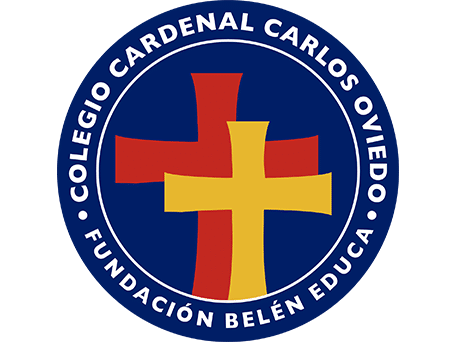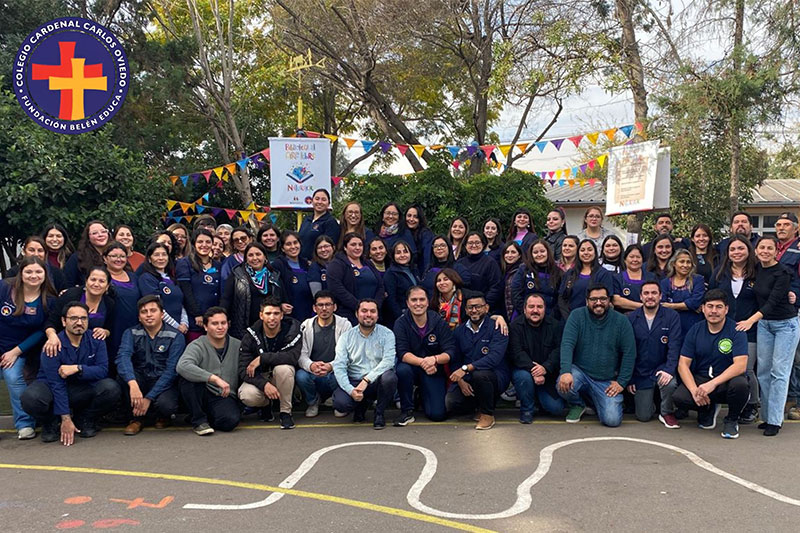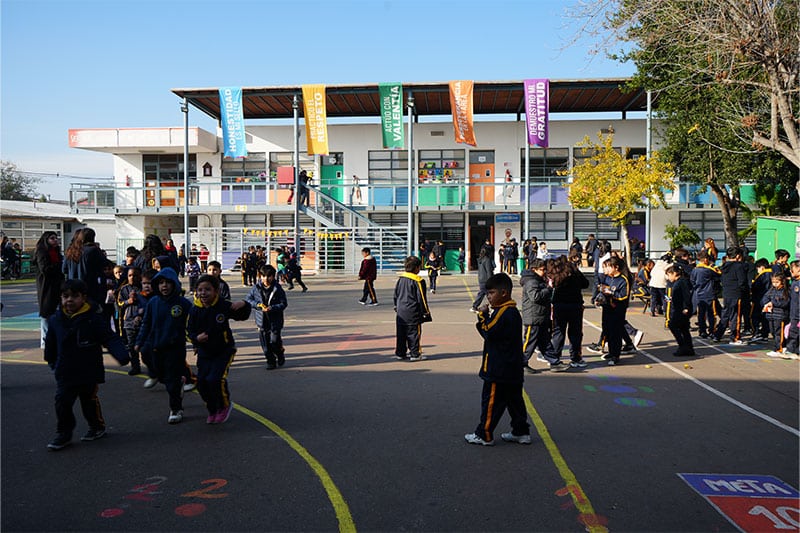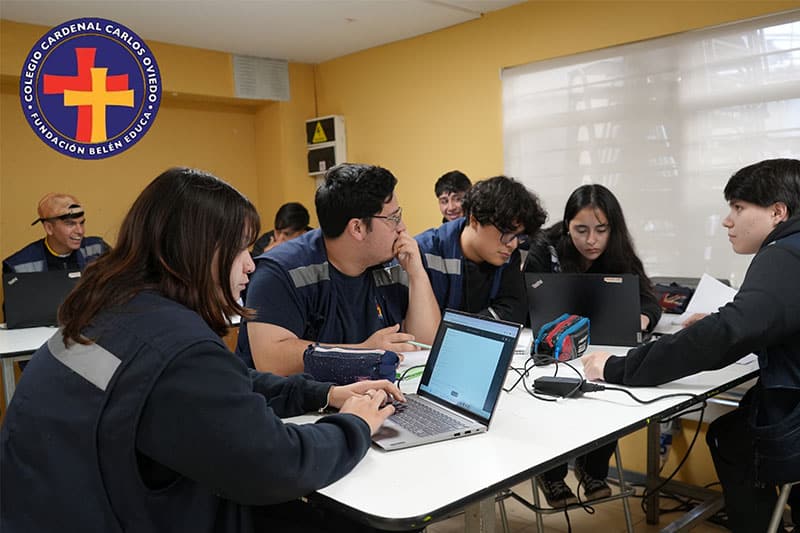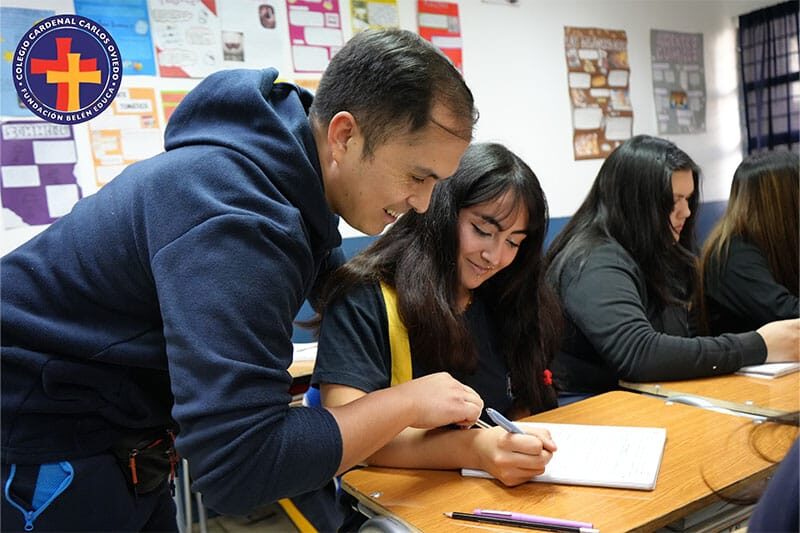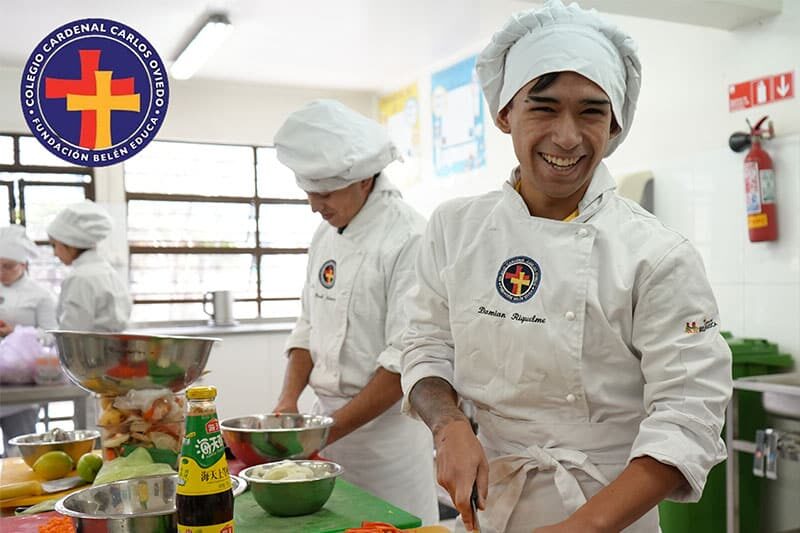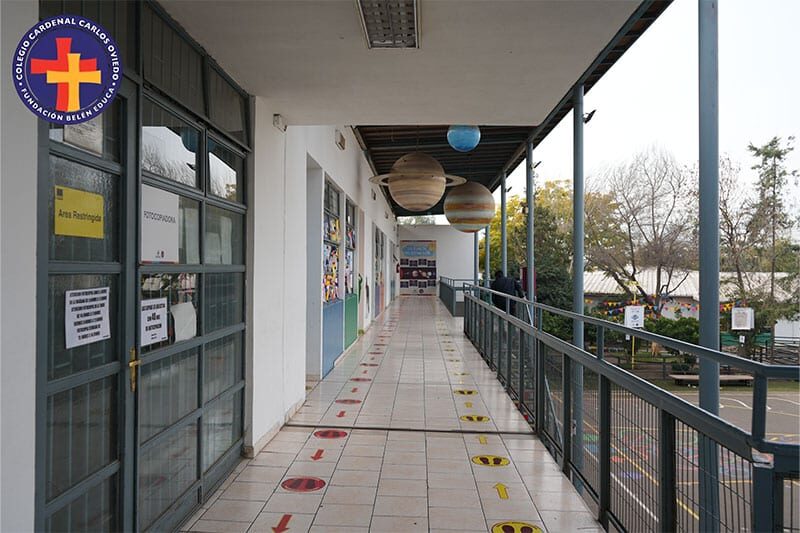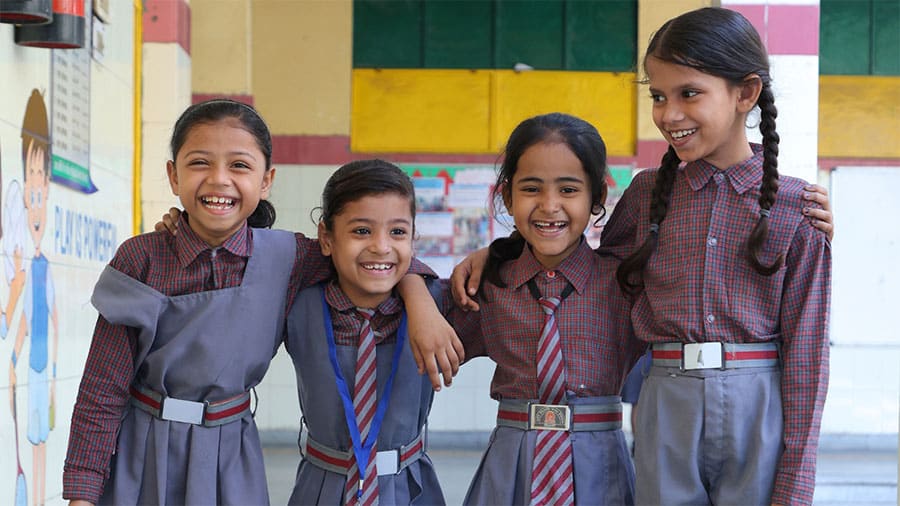Innovation - 2025 Finalist
Colegio Bicentenario de Excelencia Carlos Oviedo
Chile
The Chilean school that launched a Continuity of Study project to help its students to transition into higher education
Colegio Bicentenario de Excelencia Carlos Oviedo, a charter kindergarten, primary and secondary school in Santiago, Chile, and the second established by the Belén Educa Foundation, is playing an instrumental role in increasing the number of students from poor backgrounds who are socially prepared and academically capable of successfully transition to higher education through its Continuity of Study project. San Luis, one of the eleven neighbourhoods defined as highly complex in terms of crime, suffers from significant poverty. Many families can’t afford higher education, and even though Chile offers free education for those in need, many are unlikely to enrol. Those who do show interest often don’t know what to study or how to approach the application process.
The Continuity of Study project addresses these barriers by helping its high school students build life projects that include studying further to develop skills, preparing them for better job opportunities, and thus impacting positively in their community. With the help of key partners like Luksic Foundation, initial surveys are carried out to understand the students’ future aspirations. From there, the project provides personalised information about the importance of continuing studies, the different institutions of higher education and their careers, and the available funding opportunities. Learners also receive academic training and preparation, which gives them the cognitive training and tools necessary to integrate into higher education, including preparing them for entrance examinations and assisting them with applications and navigating systems to ensure they can successfully navigate the application process.
Families are crucial to the project. With their involvement making students more likely to succeed and access higher education, synchronised connection between the school and the family gives them the tools and information they need to guide their children through the decision-making process. The school provides additional tools, like access to professional talks to facilitate the students' vocational decision. In their final year, students attend higher education institutions twice a week for a semester, taking classes with university lecturers to experience university life first-hand. Students are also given follow-up support once they enter higher education until they graduate.
The project has seen more than 75% of students who graduated in 2023 accessing higher education, with 51% of them entering university, 20% enrolling at professional institutes, and 28% choosing technical training centres. The project strengthens teacher training in higher education concepts, installing advanced capacities in all the school’s educators, and has also impacted retention, which remains high. Parents have become actively involved in their children's educational journey, and more parents are choosing to enrol their children at the school because the programme empowers social movement into higher education.
With social mobility at the heart of the project, the school is developing students with the capacity to access further opportunities in education and emerge as professionals, transforming communities and driving long-term financial stability.
